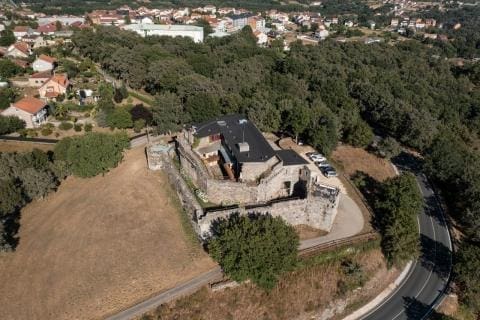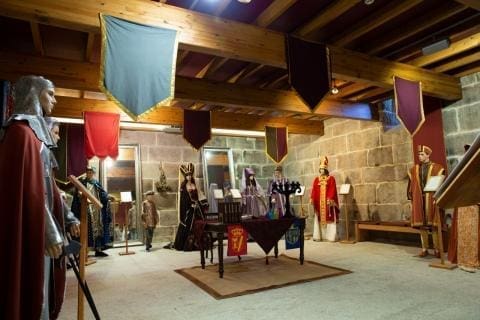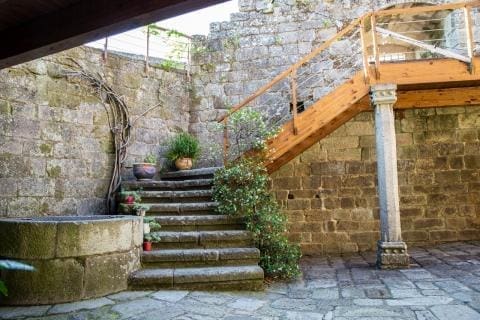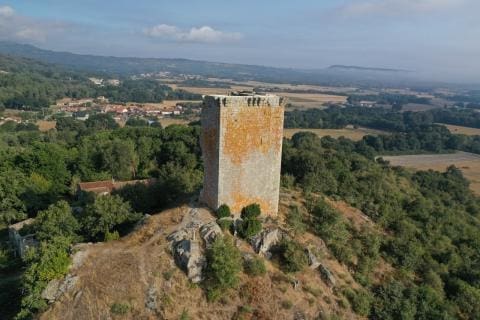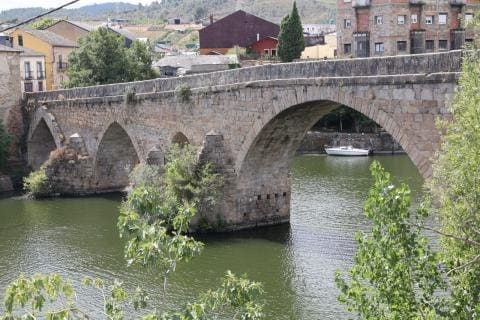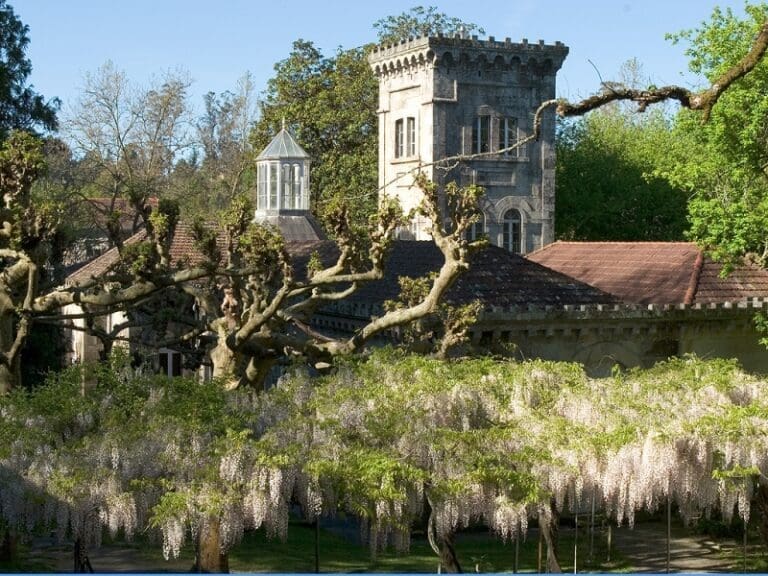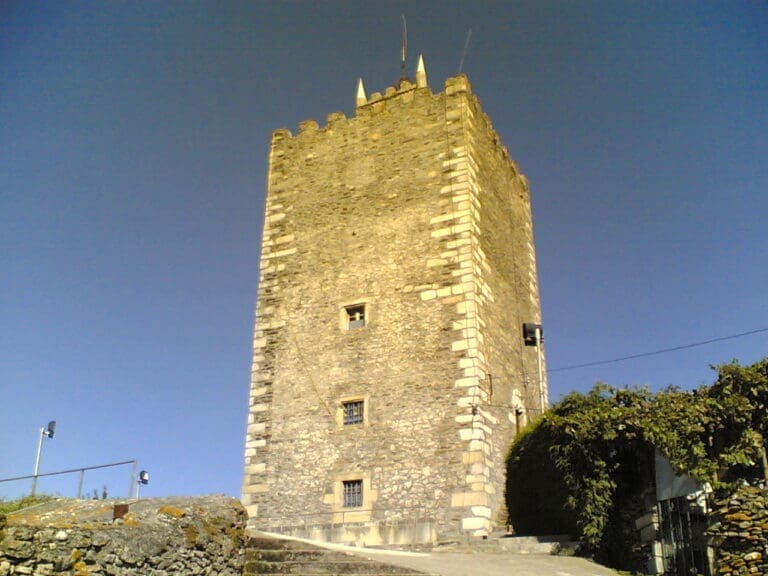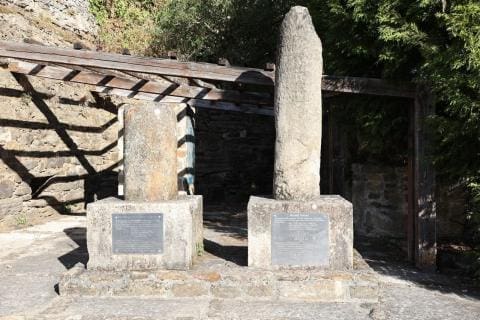It was in the 12th century when the castle was given as a dowry to Doña María Fernández, daughter from the second marriage of the Count of Traba (Pedro Froilaz) with Don Juan Ares de Novoa de Rivadavia, from where the Novoa branch emerged, whose lineage continued until the 17th century. Alfonso X the Wise lived in Maceda when he was 11 years old, with his grandfather García Fernández, a famous composer of the renowned Cantigas to Santa María, written in the Galician language. It was likely where he began to learn the Galician language. The navigator Joâo da Nova was also born here, mayor of Lisbon from 1496 to 1501 and discoverer, among others, of the Ascension Islands, Saint Helena (where Napoleon was exiled and died), Ceylon, and the islands “Trindade, Juan de Nova Island and plausibly Agalega Island. He is the most notable Galician of the 16th century.” In the 15th century, the castle passed into the hands of the Counts of Benavente and later to the Counts of Maceda, who neglected it, leading to a period of decline due to the absence of male descendants. The castle served as a battleground in the Irmandiñas revolts, although its inhabitants were never fully involved. In modern times, due to its aforementioned strategic position, the site was chosen to establish a market, which was institutionalized by the feudal lord himself, turning it into the Feira do Vinte, where various rents were collected as rights. This is how Maceda grew and became the commercial center of the region. In 1654, Philip IV granted the county of Maceda to Alonso de Lanzós, councilor of the city of Betanzos, and later the Bourbon Philip V granted him the grandeur of Spain. The fortress of Maceda was declared a Historic-Artistic Monument under the protection of the generic Declaration of the Decree of April 22, 1949 (BOE No.125, May 1949), and Law 16/1985 on Spanish Historical Heritage and Law 16/1955, BIC [Bien de Interés Cultural]. Just over twenty years ago, this fortress was in ruins. The Xunta de Galicia and the City Council carried out various adaptation works in two phases between 1996 and 2003, transforming it into a hotel accommodation. In December 2008, the complex ceased operations due to a forced activity stoppage. Today it has become the Hotel Monumento Castelo de Maceda, a benchmark combining the modernity of its facilities with the pleasant sensation of enjoying a medieval castle.

 Province of Ourense, Galicia
Province of Ourense, Galicia